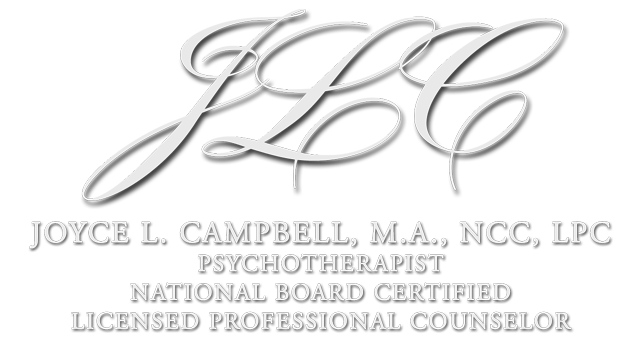What Happens When We Lie?
When we lie, we experience cognitive dissonance, which is the mental stress we suffer when we hold two or more conflicting thoughts. These internal conflicts occur when we are having a difficult time making any type of a decision, including whether to lie or not. Because our mind and body are connected, our lying impacts us physically, psychologically, and emotionally.
Consider the brain. Lying takes a toll on the brain in three ways. First, lying activates the prefrontal lobe where executive decisions are made. The blood flow to this area increases, an indication that the brain is working harder.
Second, the lie then activates the limbic system where the majority of our emotional life is located. This is also the center involved in self-preservation. Anxiety over the mental conflict of deciding whether or not to lie increases. The alarm system of the brain, the amygdala, realizes that by telling a falsehood we may have put ourselves in danger. The flight/fight/freeze response triggers as we prepare to defend ourselves if questioned.
Third, the temporal lobe associated with memory encoding and retrieval is stimulated. The brain has to monitor what was said and what is known to be true. Arthur Markman, Ph.D., executive editor of the journal Cognitive Science, states, “that’s very taxing—especially for your working memory, which is involved in decision-making and problem-solving. As a result of this increased workload, your brain’s ability to make smart decisions suffers.” Moreover, Timothy R. Jennings, MD, stated in his book The God-Shaped Brain, “Wrongdoing, such as lying, strengthens the limbic system circuits and damages the prefrontal cortex circuits which increases fear, guilt, and shame.” In summary, if you want to remain alert and able to make the optimum decisions with a clear head, then don’t lie. Tell the truth. You will be averting guilt, fear, and shame.
Truth-telling is the opposite of lying. Speaking the truth involves no deception, no misleading, no falsities. We say what we mean and mean what we say. We speak what we believe and what we think. We simply state what is real, what is actually going on. Our words and behaviors fit with our internal reality. There is congruence and integration between what we speak and our behavior. What we believe may have errors, and what we feel may be based on some false assumptions or conceptions. But we strive to tell the truth about ourselves, our relationships, our understanding of things, and the like. When we do this, there’s a physiological response that takes place in our bodies. Fewer areas of our brain are activated in the frontal lobe and limbic system. Nothing in the brain is working to inhibit the truth so our brain does not produce anxiety within us. The internal conflict resultant from lying is not given a foothold.
By developing the habit of truth-telling and avoiding lying, we produce psychological maturity. And we give ourselves a critical ingredient for freeing ourselves from chronic subjugation.
On the other hand, when we lie, things become more complicated. We must take into account what we’re attempting to conceal, think through a credible false story, and pull off an acceptable delivery of the lie. On top of all this, we must remember our story forever so we don’t get tripped up in the deception at some point in the future. Lying creates a great deal of stress that accumulates over time.
Along with impacting the brain, lying has other repercussions, such as producing an irritable mood, chronic anxiety, high blood pressure, and loss of self-respect. The stress hormones, such as cortisol, circulating in the brain compromise the immune system, making us more vulnerable to catching viruses, elevating our blood pressure, and decreasing the efficiency of our thought-processing functions. Other problems include issues such as generating disrespect and distrust in relationships, whether in our personal or professional lives. The foundation of a solid relationship is trust. If we can trust those we are associated with, we will not have to question every word they speak and every action they take. Respect and high regard will result, and the relationship will grow in trust. A sterling reputation will emerge as the result of the choice to speak the truth.
When we speak the truth, we are calm, not anxiety-ridden. Truth-tellers have far better relationships, less stress, enjoy superior sleep, and overall have better mental and physical health than those who chronically subjugate. Relationships will be based on honesty. We will be known for being trustworthy. Our reputation will garner positive attributes, such as integrity, credibility, and honor. Self-respect will reign rather than self-loathing.
